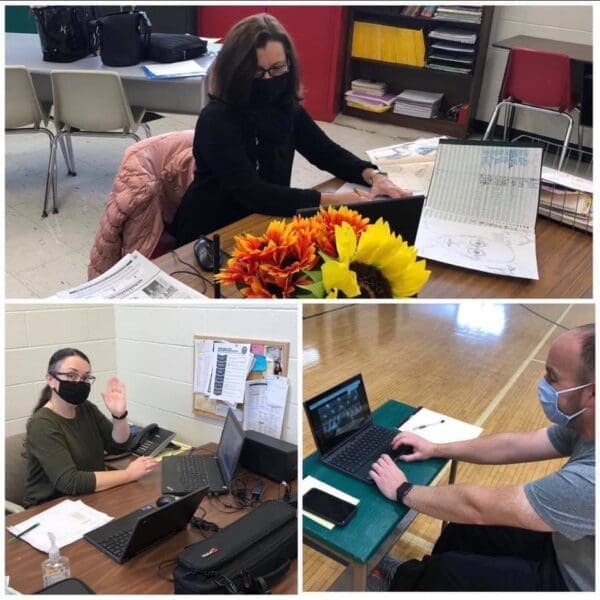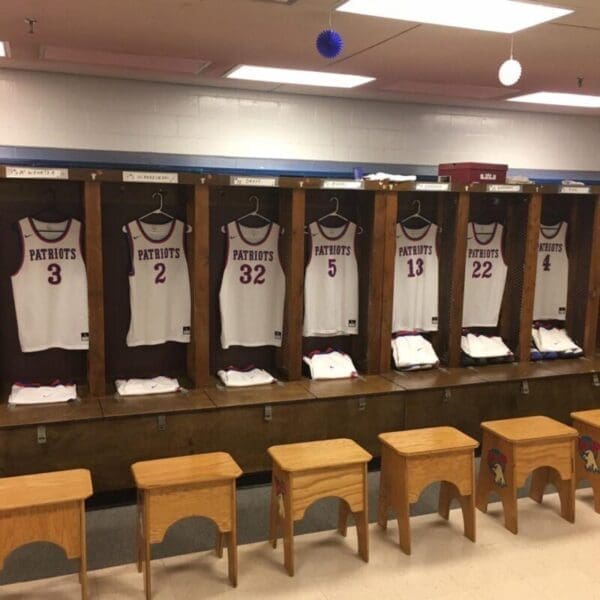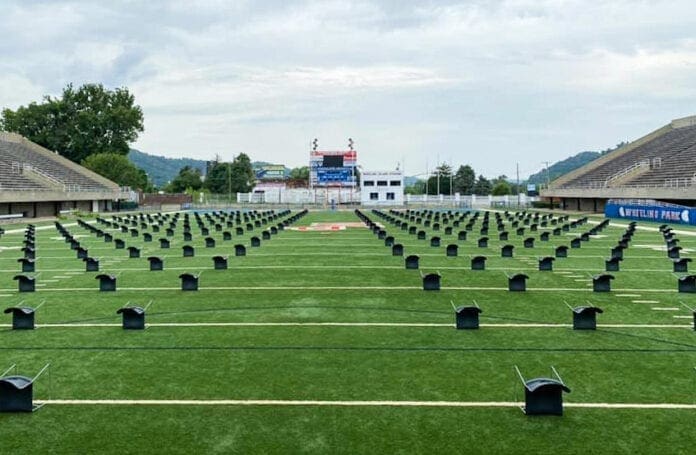A member of the Ohio County Board of Education has been surprised by the lack of student attendance for live, online classes with their teachers since the synchronous platform was added one month ago.
That is why now Pete Chacalos is contemplating accountability. Chacalos, elected to the BOE in June, is displeased with the online attendance statistics compiled last week by Superintendent Dr. Kim Miller and her staff.
“There is no question that kids need to be and want to be in school with their teachers to achieve the best possible learning outcomes. But due to the current situation that is not possible. Synchronous learning is a step in the right direction,” he said. “I felt confident that students would step up to the plate and take full advantage of the opportunity.
“Apparently, that confidence was misplaced. Teachers are frustrated (as I would be) that in many cases only a few students ‘show up’ (typically less than 20%) for these sessions. It would help if parents and guardians would encourage their kids to ‘attend’ but working parents cannot be there all day to ensure this happens,” he said. “Also, we cannot expect students to sit in front of a computer screen for seven hours. Times for this synchronous learning must be adjustable.”
The online lectures, however, make a difference with retention.
“I have seen the outstanding platforms developed by our teachers, and I have been very impressed. I know they have worked their tails off in developing these platforms,” Chacalos reported. “As for synchronous learning, students who attend the synchronous sessions can ask questions, and they seem to absorb the information much better.
“I recently spoke with one teacher who gave an online test,” he said. “The students who attended the live sessions scored 21 percent higher than those who did not.”

Teaching a Life Lesson
Chacalos taught science for more than 30 years at Wheeling Park High School, so that means he has experienced a number of different eras of public education that’s been dictated by federal and state government mandates. That’s been a good thing in some respects, but many of the directives have led to forgiving grading systems, persistent decreases in parental involvement, and social promotions.
In other words, kids don’t “flunk” these days, and they are not “held back” any longer. As far as synchronous instruction, though, Chacalos believes the school system would fail the students if allowing the same level of tolerance for the lack of participation next semester. One roadblock Chacalos sees, though, is the fact approximately 10 percent of the system’s students are unable to connect to the Internet at their homes.
“What are we teaching students if we are not holding them accountable? Whether it be synchronous or asynchronous learning, they need to be held accountable,” he said. “If students are not taking advantage of the opportunities afforded them, I do not see many other options. However, I do see many pitfalls, and many individual adjustments would be needed if attendance during live learning is made mandatory, especially in the outlying areas of the county.
“The biggest hurdle is access. Many households who lacked Internet access were given mifi’s. However, I am told that livestreaming is not possible with these devices,” Chacalos said. “Some households with multiple children in our schools may have issues with bandwidth if the kids are all online at the same time. Also, some Internet providers are simply not good. We need to hold students accountable, but we will need to make adjustments in many cases.”

What About Athletics?
The county’s football team, the Patriots of Wheeling Park High, were eliminated from the state Class AAA postseason in the first round, but it was by the opponent known as COVID-19. The Patriots were the seventh-ranked team heading into the playoffs.
But what will the pandemic, the accounting of the positive results, and the Covid alert map allow during the winter and spring sports seasons? Chacalos, an athletic trainer during his career at WPHS, is among those who have no idea what to expect.
“It is the million-dollar question right now, and a very difficult one to answer,” he said. “Throughout this year, it seems our governor, in responding to such a fluid situation, has consistently changed rules, numbers, colors, etc. We never know what to expect next. Recent comments made by the governor seem to indicate that winter sports are in danger, and winter sports have already been pushed back to a Jan. 11 start date.
“I see seasons being shortened in all sports, if they are played at all, and tournaments, except for sectional, regional, and state, being eliminated. After being eliminated last year, we cannot shortchange our spring sports again,” Chacalos added. “I cannot see the spring sports being extended too far past their normal dates. Many families have made plans which would make extension of seasons late into June unrealistic. If current trends continue, I fear that our spring sport athletes will miss out on two seasons in a row, and I pray that does not happen.”


